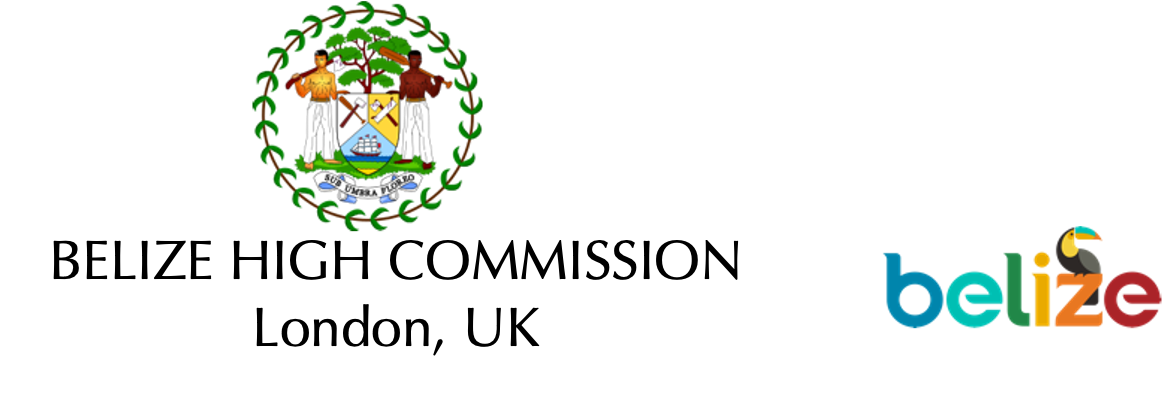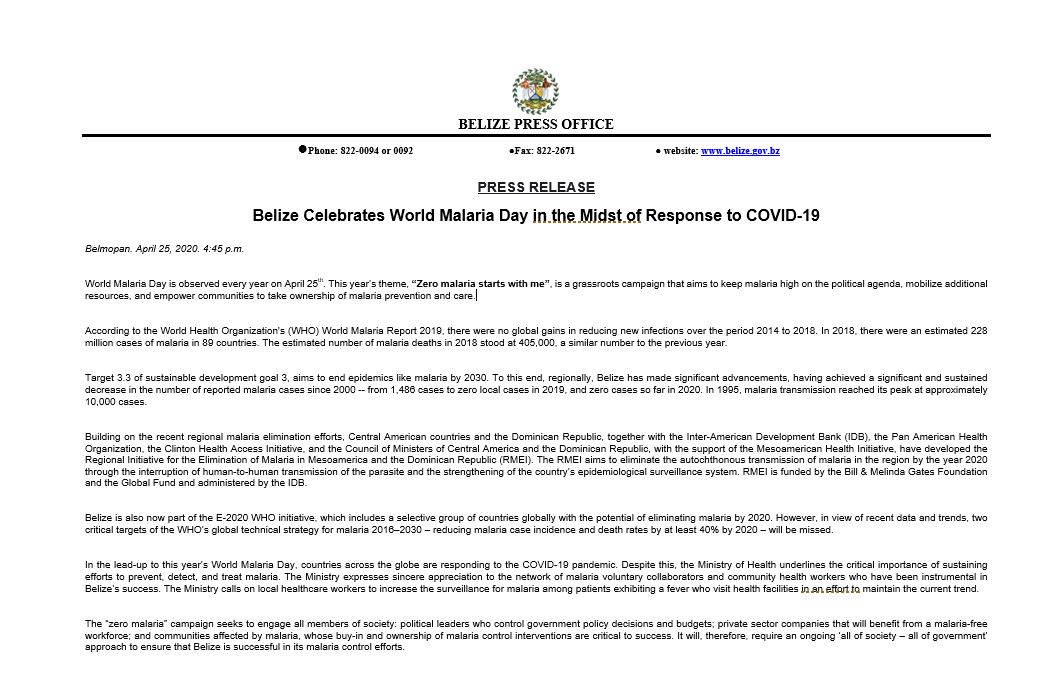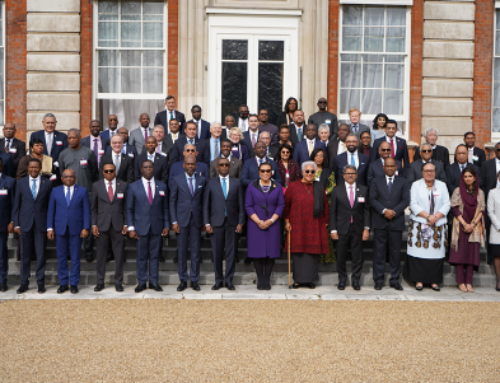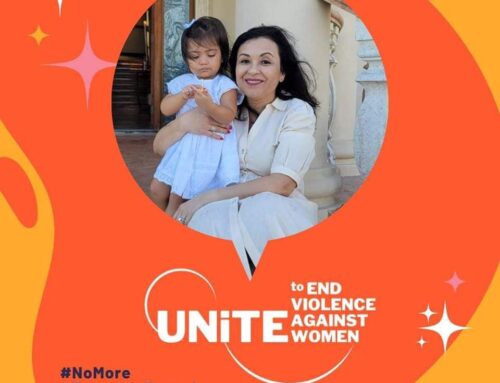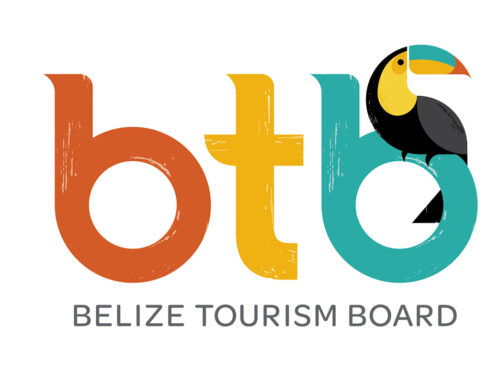Belmopan. April 25, 2020. 4:45 p.m.
World Malaria Day is observed every year on April 25th. This year’s theme, “Zero malaria starts with me”, is a grassroots campaign that aims to keep malaria high on the political agenda, mobilize additional resources, and empower communities to take ownership of malaria prevention and care.
According to the World Health Organization’s (WHO) World Malaria Report 2019, there were no global gains in reducing new infections over the period 2014 to 2018. In 2018, there were an estimated 228 million cases of malaria in 89 countries. The estimated number of malaria deaths in 2018 stood at 405,000, a similar number to the previous year.
Target 3.3 of sustainable development goal 3, aims to end epidemics like malaria by 2030. To this end, regionally, Belize has made significant advancements, having achieved a significant and sustained decrease in the number of reported malaria cases since 2000 — from 1,486 cases to zero local cases in 2019, and zero cases so far in 2020. In 1995, malaria transmission reached its peak at approximately 10,000 cases.
Building on the recent regional malaria elimination efforts, Central American countries and the Dominican Republic, together with the Inter-American Development Bank (IDB), the Pan American Health Organization, the Clinton Health Access Initiative, and the Council of Ministers of Central America and the Dominican Republic, with the support of the Mesoamerican Health Initiative, have developed the Regional Initiative for the Elimination of Malaria in Mesoamerica and the Dominican Republic (RMEI). The RMEI aims to eliminate the autochthonous transmission of malaria in the region by the year 2020 through the interruption of human-to-human transmission of the parasite and the strengthening of the country’s epidemiological surveillance system. RMEI is funded by the Bill & Melinda Gates Foundation and the Global Fund and administered by the IDB.
Belize is also now part of the E-2020 WHO initiative, which includes a selective group of countries globally with the potential of eliminating malaria by 2020. However, in view of recent data and trends, two critical targets of the WHO’s global technical strategy for malaria 2016–2030 – reducing malaria case incidence and death rates by at least 40% by 2020 – will be missed.
In the lead-up to this year’s World Malaria Day, countries across the globe are responding to the COVID-19 pandemic. Despite this, the Ministry of Health underlines the critical importance of sustaining efforts to prevent, detect, and treat malaria. The Ministry expresses sincere appreciation to the network of malaria voluntary collaborators and community health workers who have been instrumental in Belize’s success. The Ministry calls on local healthcare workers to increase the surveillance for malaria among patients exhibiting a fever who visit health facilities in an effort to maintain the current trend.
The “zero malaria” campaign seeks to engage all members of society: political leaders who control government policy decisions and budgets; private sector companies that will benefit from a malaria-free workforce; and communities affected by malaria, whose buy-in and ownership of malaria control interventions are critical to success. It will, therefore, require an ongoing ‘all of society – all of government’ approach to ensure that Belize is successful in its malaria control efforts.
